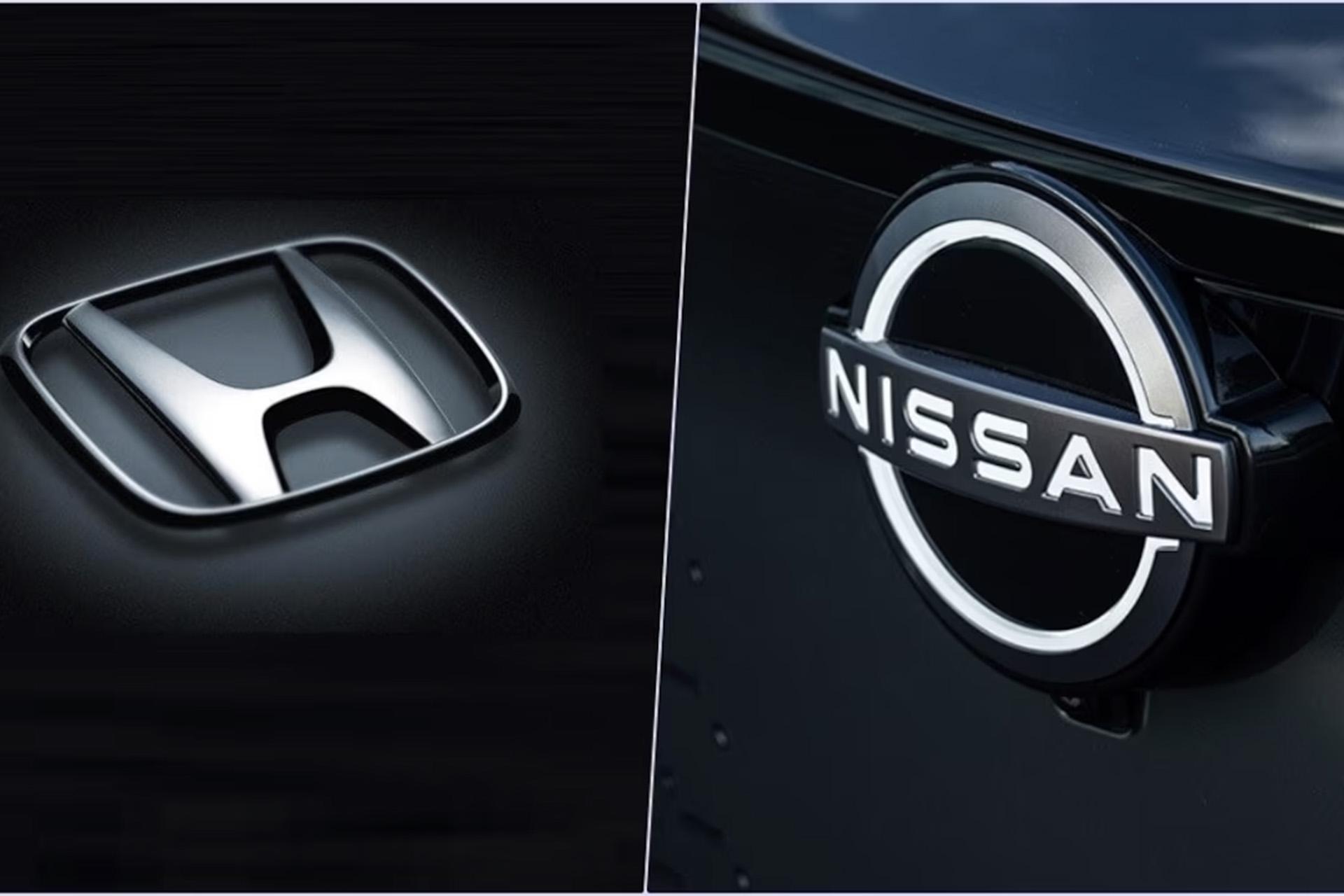Honda-Nissan Merger Collapses, Investors Brace For Fallout
- This topic has 0 replies, 1 voice, and was last updated 2 months ago by .
-
Topic
-
The proposed multi-billion dollar merger between Honda and Nissan has dramatically collapsed, sending shockwaves through the automotive industry on February 13, 2025.
What was initially a promising partnership to create the world’s third-largest automotive manufacturer has unraveled due to fundamental disagreements over merger structure.
The proposed integration would have positioned the combined entity to compete more effectively against industry giants like Toyota, Volkswagen, and General Motors.
However, Honda’s proposal to establish itself as the parent company, with Nissan as a subsidiary, became a critical point of contention that ultimately derailed negotiations.
For investors, the merger’s failure presents a complex landscape of potential opportunities and challenges.
The immediate market reaction is likely to include stock price volatility as analysts and investors reassess the individual prospects of both companies.
Honda and Nissan will now be forced to independently navigate the rapidly evolving automotive landscape, particularly in electric vehicle (EV) and software-defined vehicle technologies.
The collapse opens interesting strategic possibilities.
Private equity firm KKR & Co. is reportedly exploring potential equity or debt investments in Nissan, while Foxconn has shown interest in Renault’s 36% stake in the company.
These potential developments could significantly reshape Nissan’s ownership and strategic direction.
The broader implications for the automotive industry are profound.
This failed merger may slow down consolidation efforts among traditional manufacturers seeking to share technological development costs.
For Nissan, which has struggled with financial performance—including a 93% plunge in first-half net profit and announced job cuts—the situation adds additional pressure to demonstrate future viability.
Despite the merger’s collapse, both companies have committed to maintaining their strategic partnership in electric vehicles and other collaborative areas, including continued cooperation with Mitsubishi Motors.
This suggests a nuanced approach to future cooperation that stops short of full integration.
Investors should closely monitor how each company adapts its individual strategies, potential new partnerships, and approaches to technological innovation.
The automotive sector remains in a state of significant transformation, with electrification, autonomous driving, and software integration presenting both challenges and opportunities for traditional manufacturers.
The market will be watching closely to see how Honda and Nissan chart their independent paths forward in an increasingly competitive and technologically demanding global automotive landscape.

Image: NZ Autocar